
- In pictures
- In pictures
Dark Matter responds to ‘Epidemic threats and racist legacies’
Animated-collage artist Dark Matter brings his unique combination of live footage and archive imagery to respond to a text suggesting that the field of epidemiology emerged in the 19th century imbued with the doctrine of Western imperialism.

- Article
- Article
Navigating in a connected world
Alex Lee ponders the promising ideas, stalled projects and pricey gadgets that aim to help visually impaired people get out and about. But it seems that an actual human could be the essential ingredient.

- Article
- Article
Finding solidarity in arachnophobia
Arachnophobia is very different from just disliking spiders. Izzie Price shares the reality of having the phobia, and explores its likely origins.

- Article
- Article
On contagion
Reading descriptions of the way humans become infested by parasitic flatworms, Daisy Lafarge experienced painful physical symptoms. Perhaps the very creature she was studying had invaded her body.

- Article
- Article
How the magician’s assistant creates the illusion
Without breaking the spell, performer Naomi Paxton reveals the subtle ways the magician’s assistant helps the audience to keep believing.
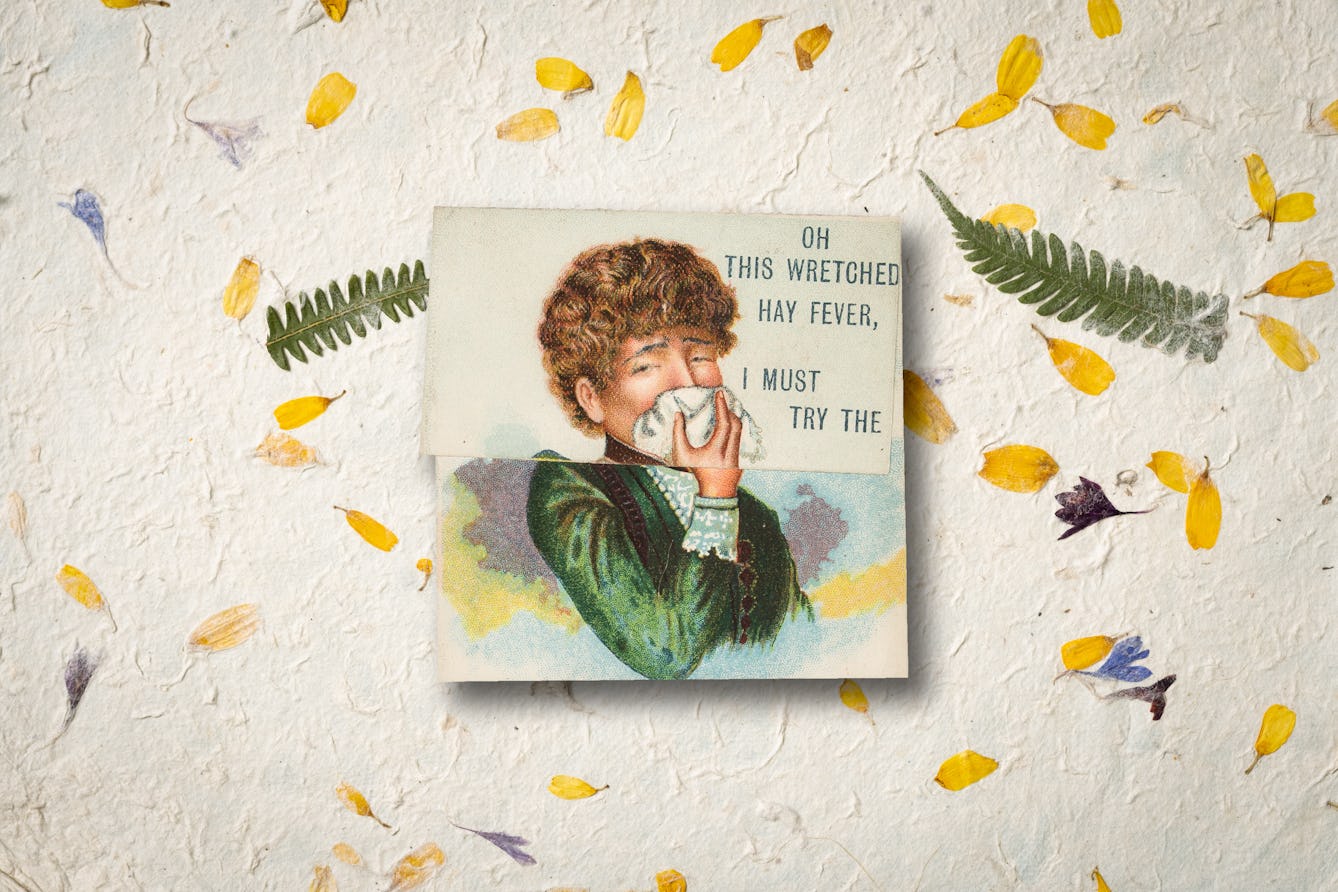
- Article
- Article
The hell of hay fever
After years suffering in silence, David Jesudason finds speaking out about his pollen allergy gives him hope for a future where his hay-fever symptoms are under control.
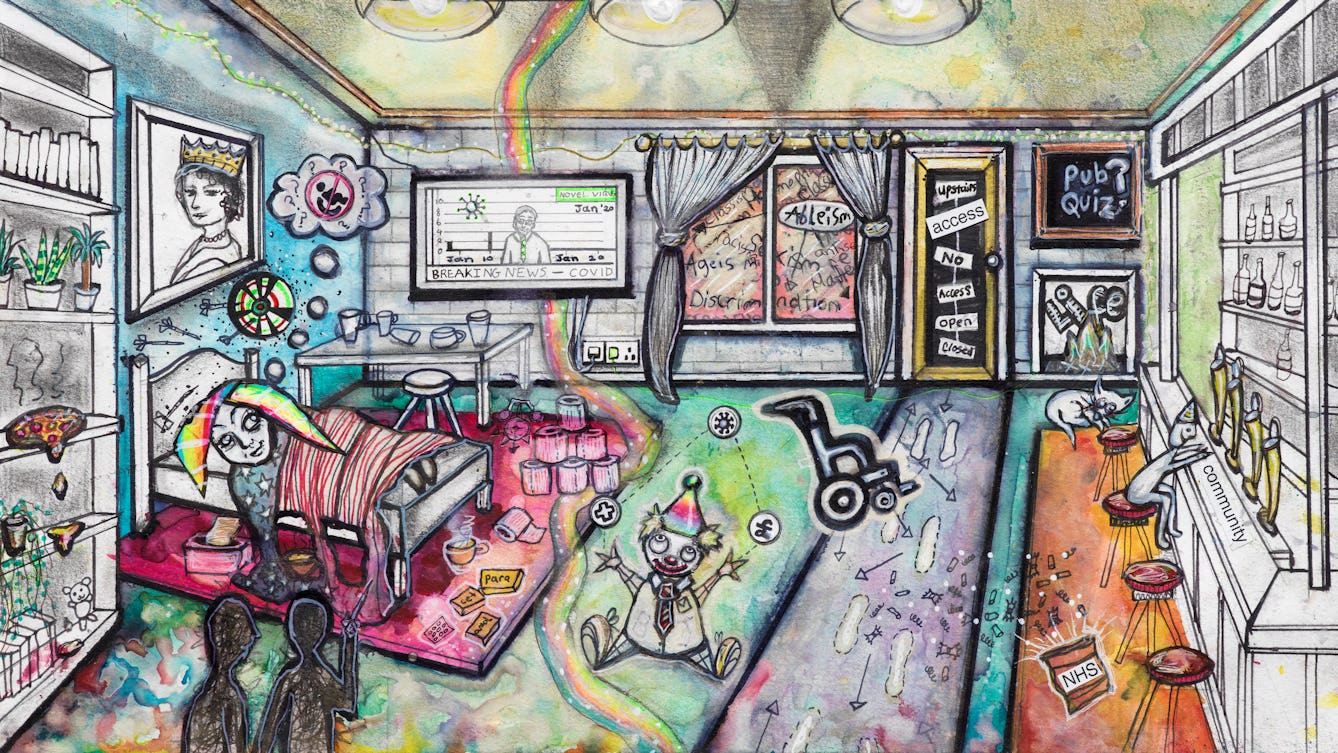
- Article
- Article
Our Covid complicity
Athena Stevens thought she had a cold that she tried to ignore, but it turned out to be Covid-19. Here she reflects on how we have all put ourselves and others at risk with the choices we’ve made during this pandemic.
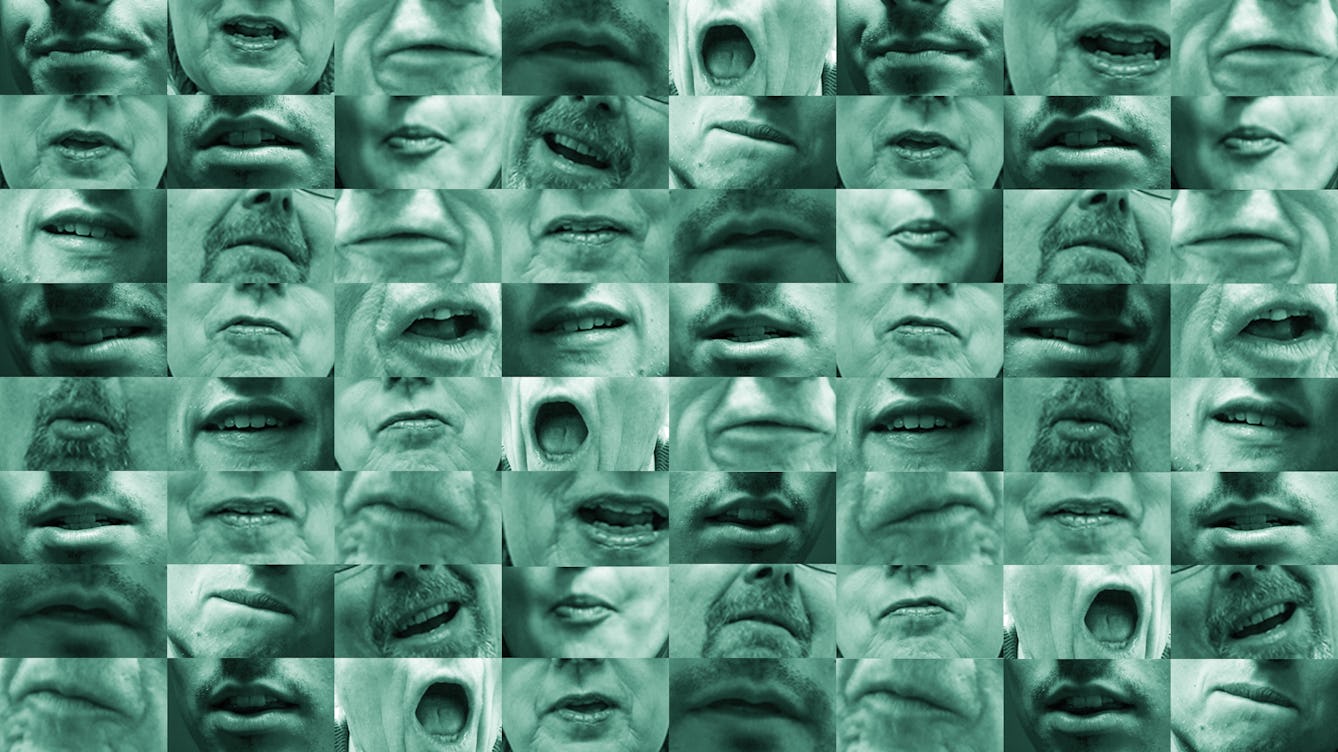
- Book extract
- Book extract
Out of the mouth trap
After 15 years of speech therapy, Jonty Claypole decided to make peace with his stammer. He explores our fear of disfluency, revealing how accepting it could actually increase our creativity and persuasiveness.
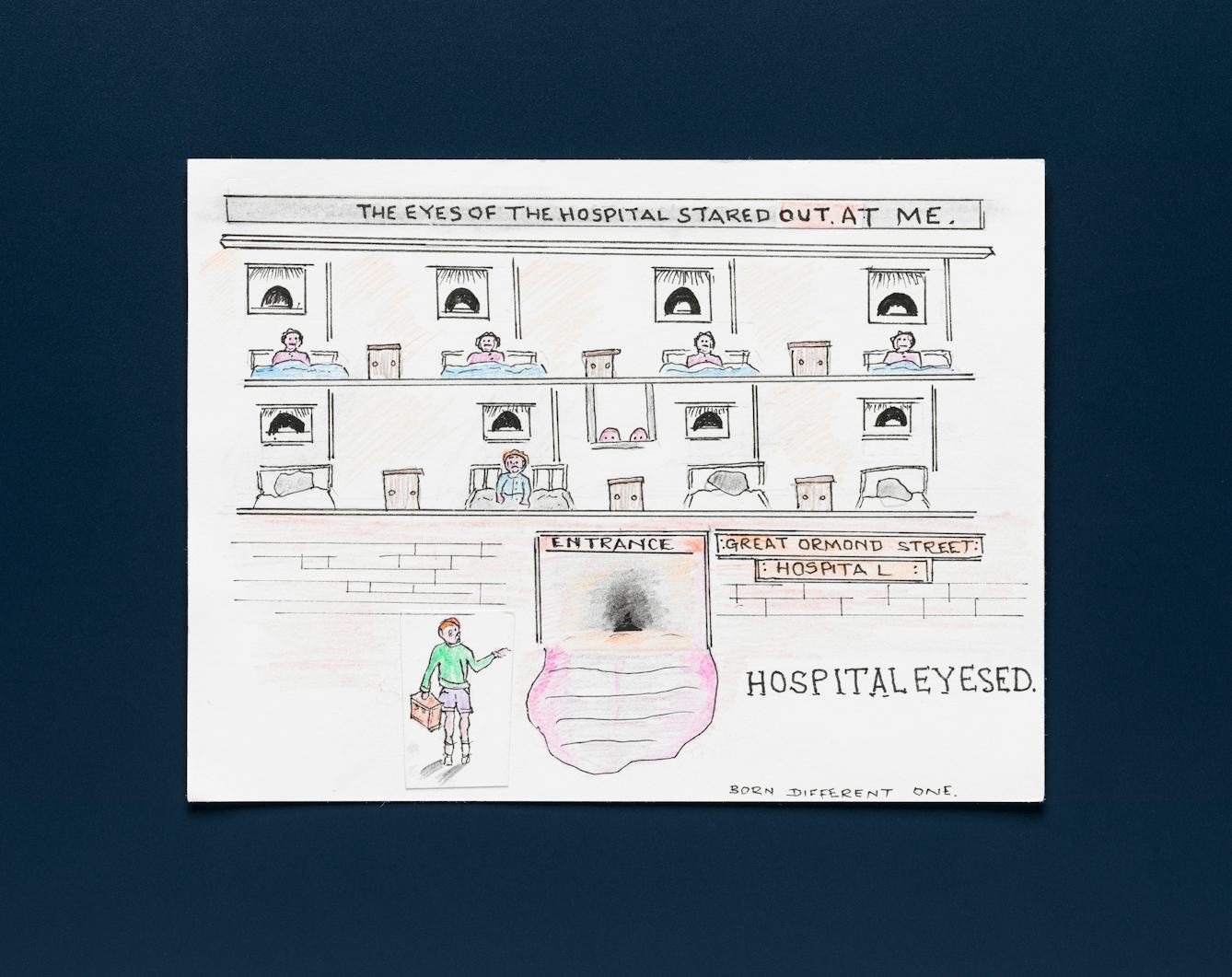
- Article
- Article
Born different
For Chris North, being born intersex in the 1940s meant his many childhood hospital visits, tests and operations were not explained or discussed. As he reveals, doctors encouraged strict secrecy.

- In pictures
- In pictures
Pum Dunbar’s living lessons
Read the ‘legends’ that give insight into Pum Dunbar’s creative process while producing her recent series of collages.

- Article
- Article
Why zombies can’t help coming back
Although it might appear that zombies are a 20th-century phenomenon, created for the horror-movie industry, they’ve actually been around since medieval times. Find out what zombies like to do, and how to get rid of them.
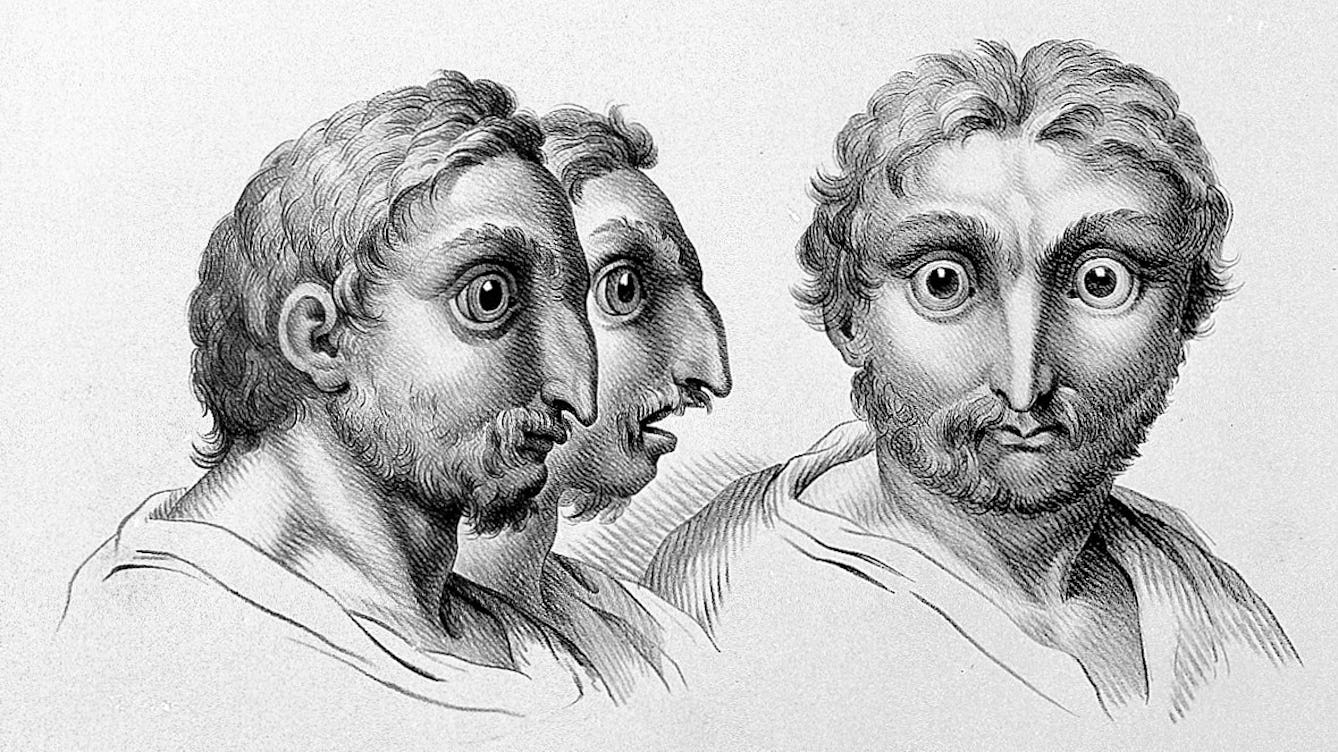
- Article
- Article
Drawing the human animal
We might try to deny our animal instincts, but this series of extraordinary 17th-century drawings suggests they are only too apparent.

- Article
- Article
How depression ruined my relationship with sleep
One reaction to depression is a craving for sleep, creating a dependence that can provoke guilt and anxiety. Emerging from “five blurry years”, one writer tracks her steps to better health.

- Article
- Article
A little wildness
To salve her longing for a dog, Rowan Hisayo Buchanan chose a puppy. She found that, despite centuries of domestication, her dog still retains aspects of her wild ancestry.

- Article
- Article
A walk through other people’s expectations
The steep path isn’t the only thing Caroline Butterwick has to navigate on her Lakeland hike. Always aware of other people’s expectations, she continually monitors how her disability might seem to strangers.

- Article
- Article
Crime drama and the realistic cadaver
Today we are accustomed to the increasingly realistic look of dead bodies in on-screen dramas. Special-effects expert Hildegunn M S Traa reveals how crime and morgue scenes reflect the social idea of death.
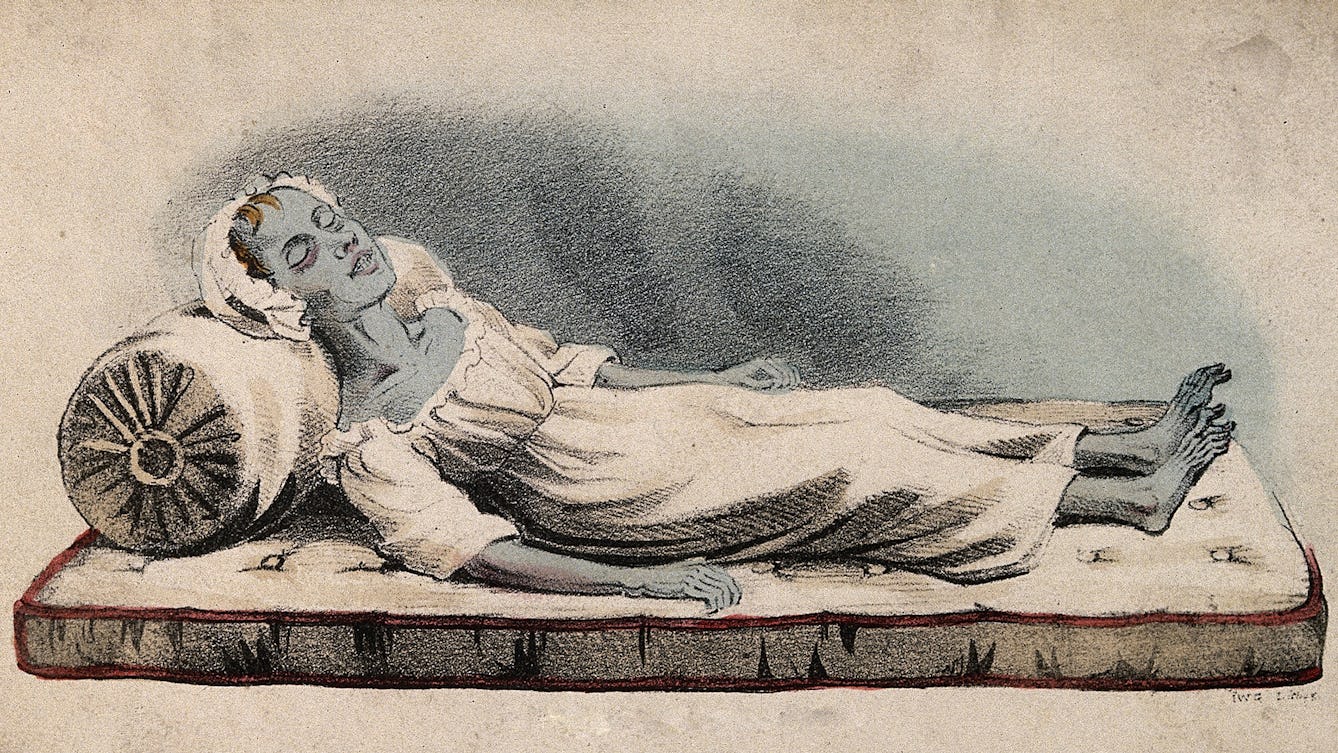
- Article
- Article
The colonist who faced the blue terror
India, 1857. In a British enclave, Katherine Bartrum watches her friend, and then her family, succumb to the deadly cholera.

- Article
- Article
The unearthly children of science fiction’s Cold War
In the 1950s a new figure emerged in British novels, film and television: a disturbing young alien that revealed postwar society’s fear of the unruly power of teenagers.

- Book extract
- Book extract
What the wind can bring
In this extract from ‘This Book is a Plant’, Amanda Thomson shares a newfound fascination with flowers, and reveals why our relationship with plants can also be complicated.

- Article
- Article
The meaning of trauma is wound
Daisy Johnson recalls her difficult journey to being diagnosed with vaginismus, and why women are so good at turning bad things into a joke.
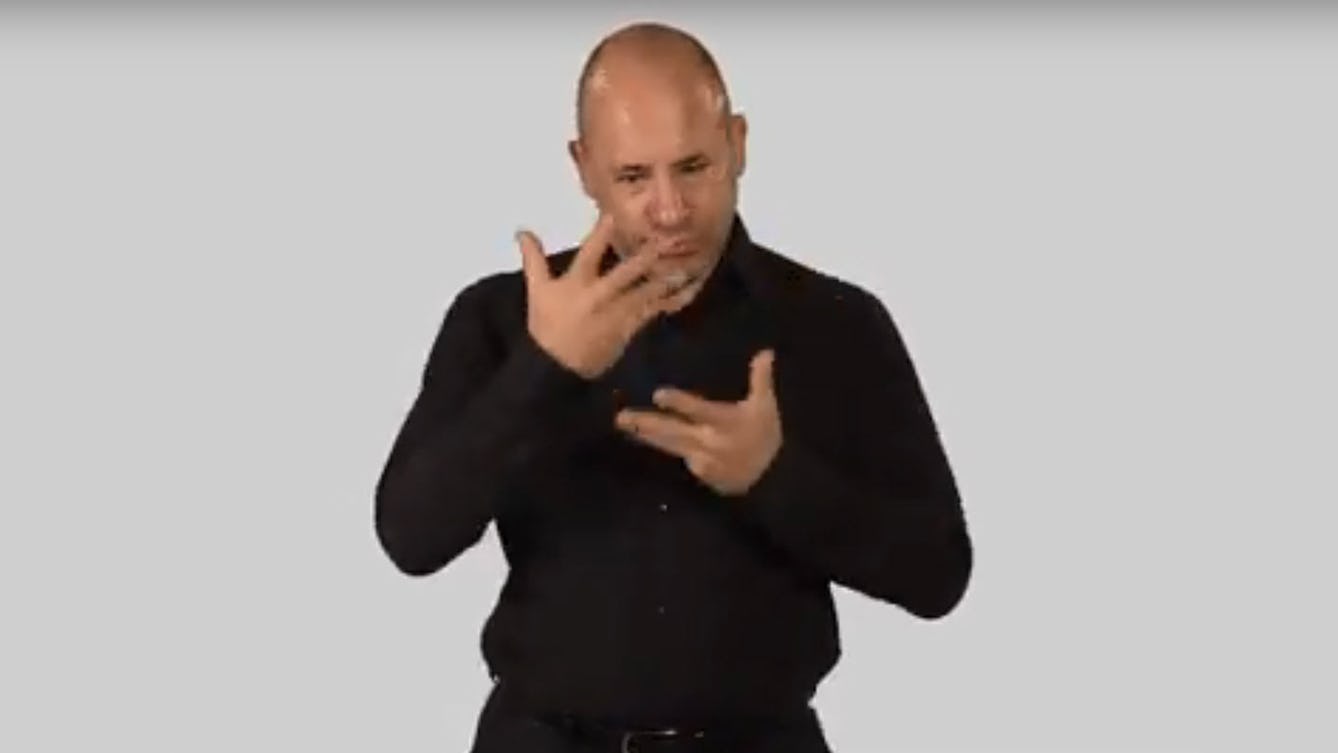
- Article
- Article
Interpreting the Ayurvedic Man
A British Sign Language video is the latest interpretation of an unique 18th-century Nepali painting about Ayurvedic medicine.
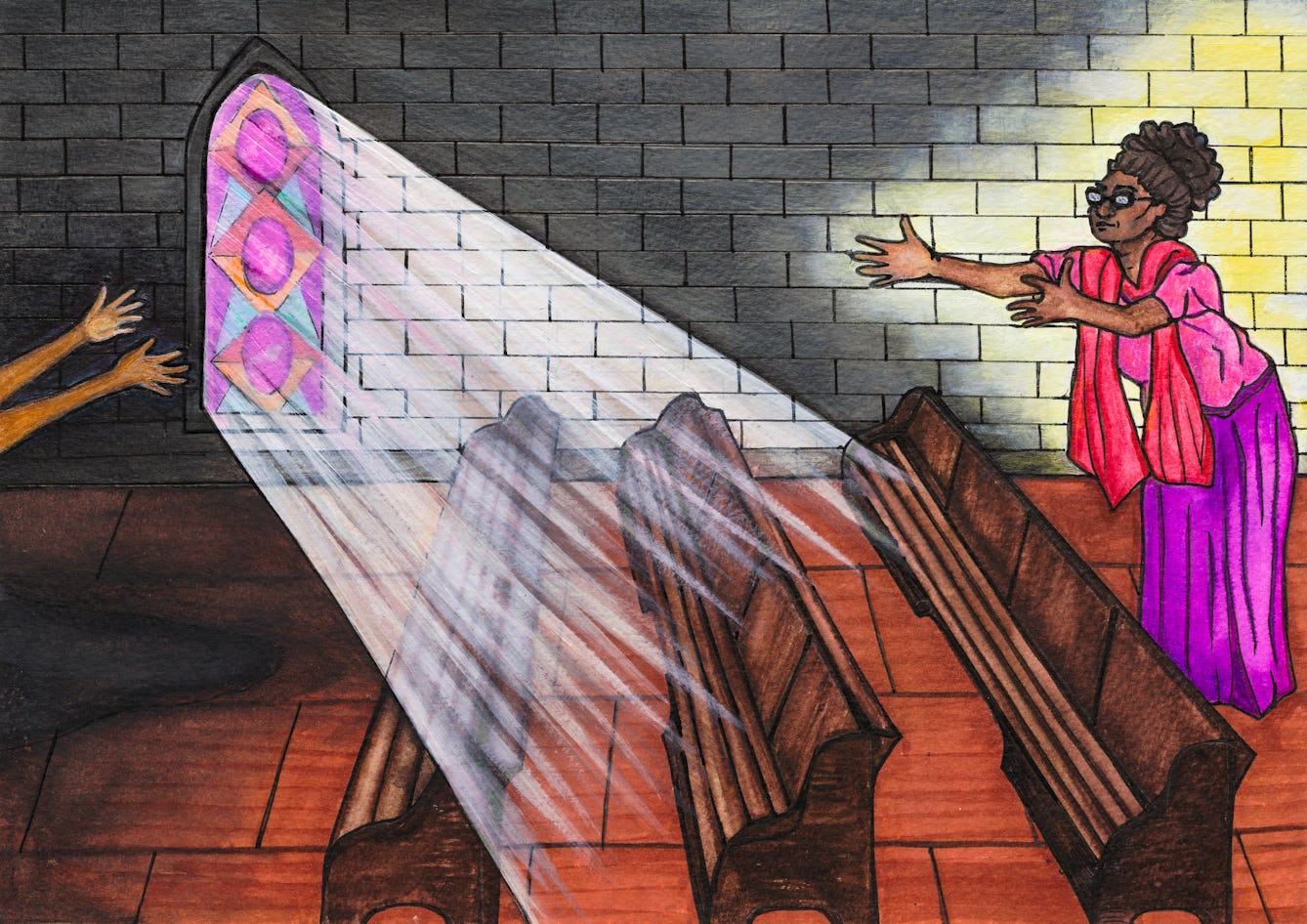
- Article
- Article
Religion and mental health
At a time of extreme distress, Jamila Pereira found that the faith she had relied on was failing her. Here she describes how she found other ways to begin healing and finding happiness.

- Article
- Article
The relationship between science and art
Often seen as opposites, science and art both depend on observation and synthesis.
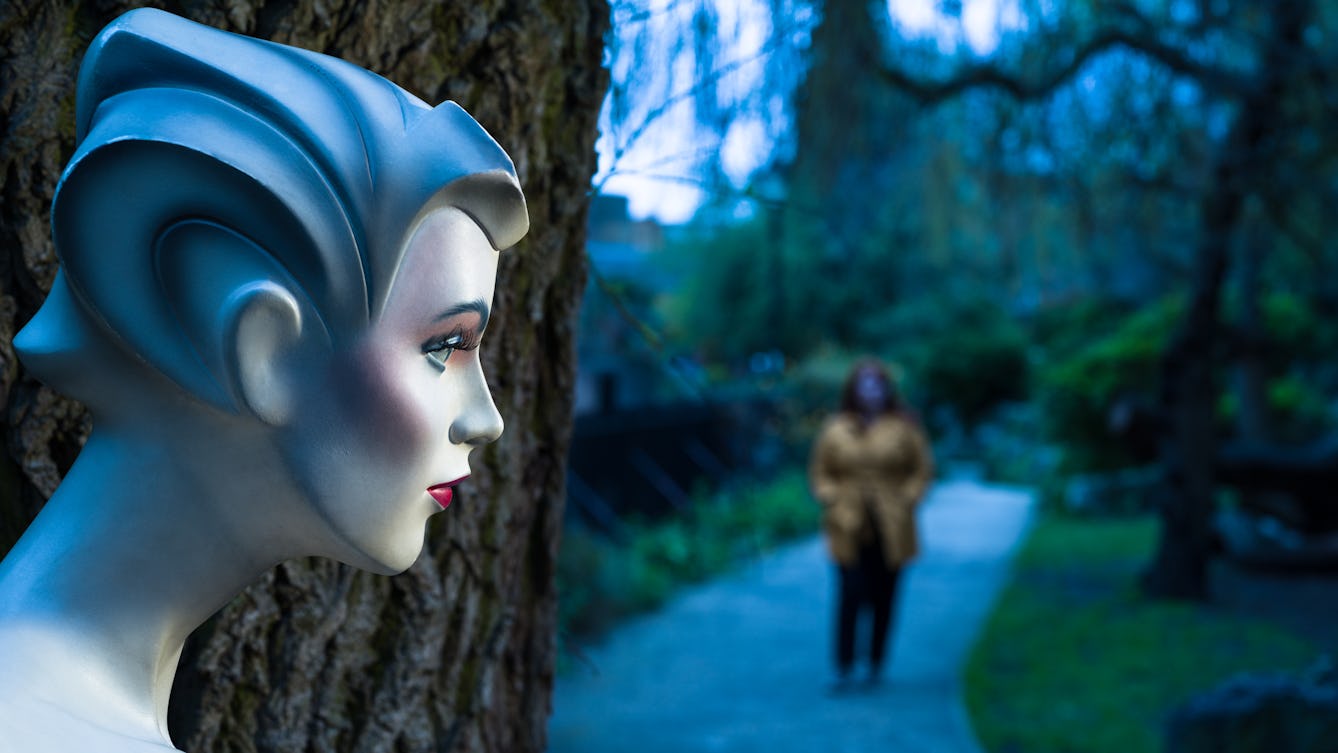
- Article
- Article
Why the scariest monsters look almost human
Something is wrong, but you’re not sure what. Amy Jones explores exactly why your worst nightmare is the monster that’s almost human.
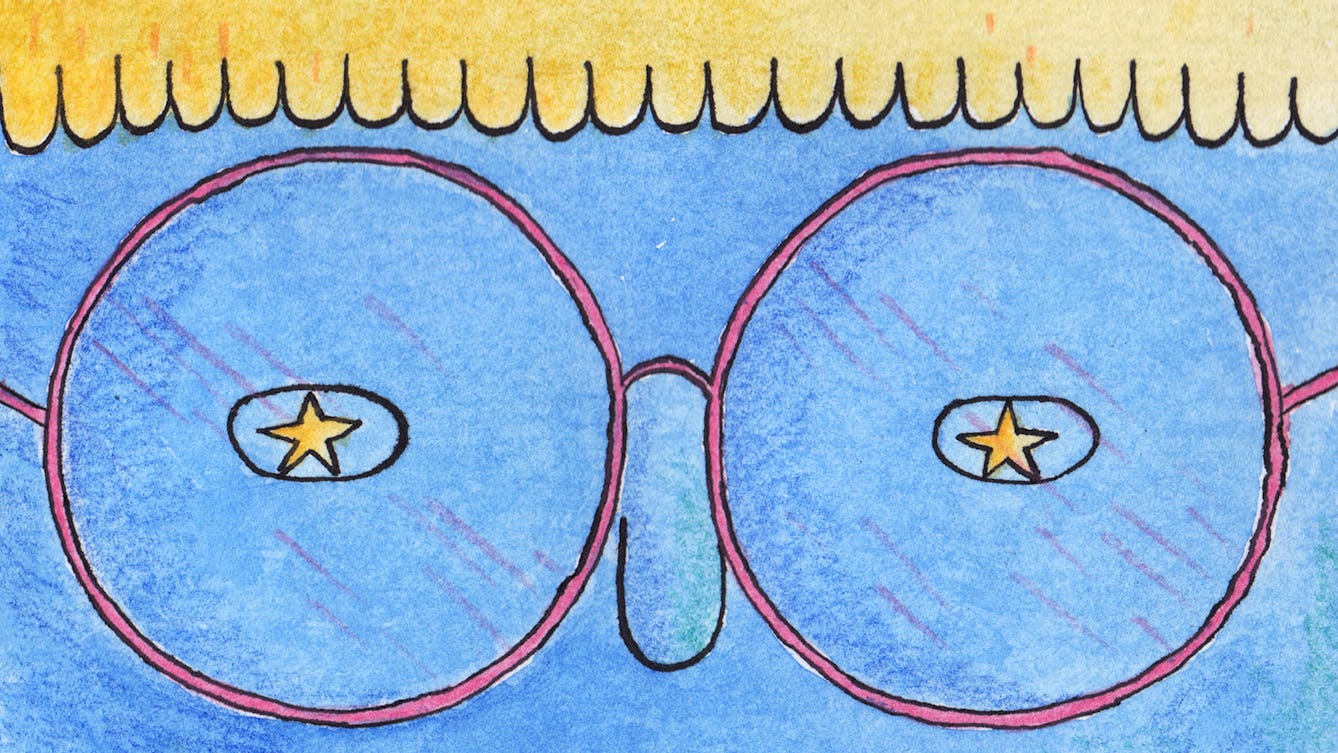
- Comic
- Comic
Glass
Glasses help your eyes see more clearly but magnifying glass makes them superhuman.